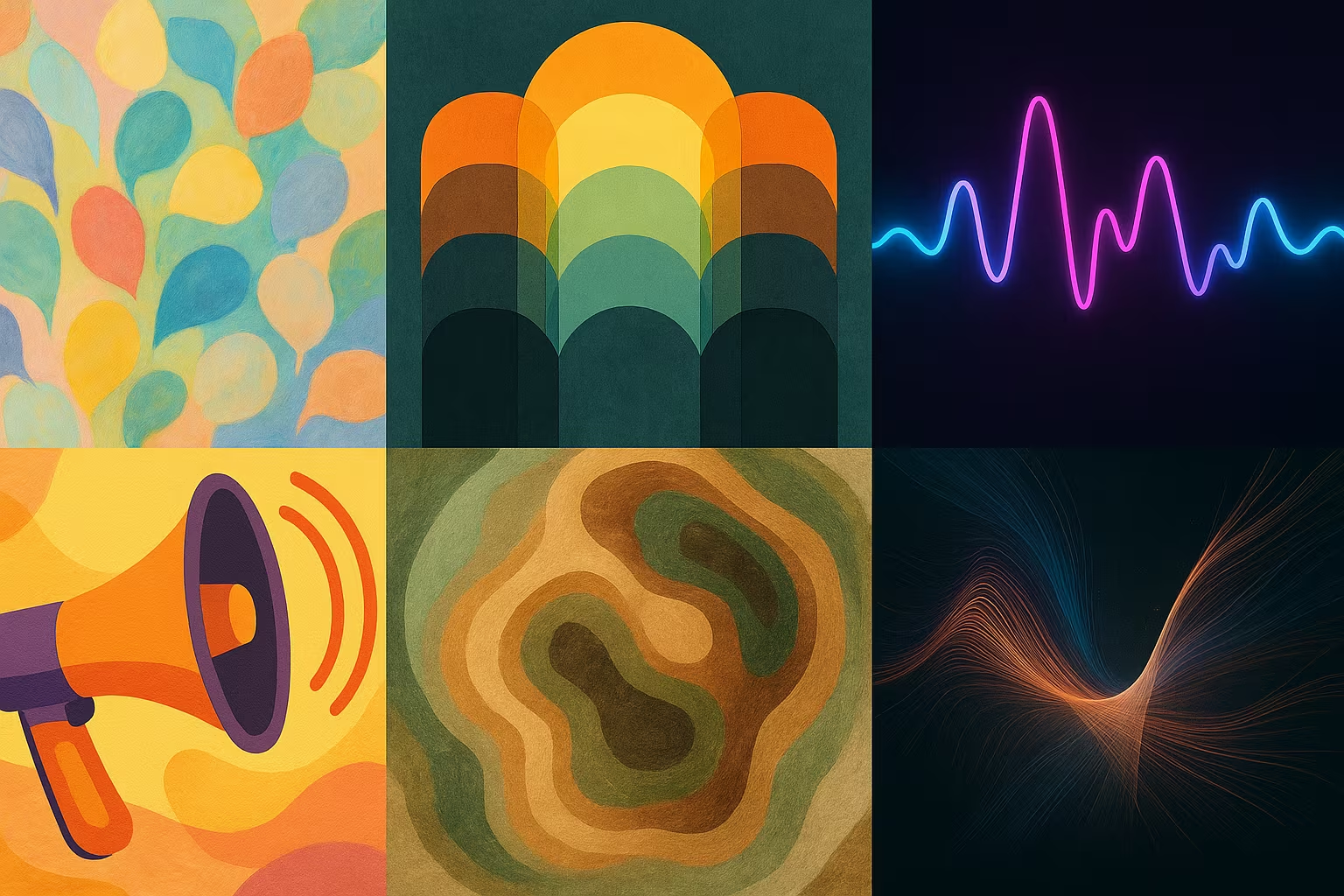PhysioNet
PhysioNet is a reference platform for accessing open physiological data, including cardiac, respiratory, electroencephalographic and other vital parameters signals. It fuels research in medical AI, the detection of physiological anomalies, and the modeling of human biological functioning.
Several million records, CSV, WFDB, and proprietary medical formats
Free or restricted access depending on the collections, under a license compatible with academic research (e.g. ODC-by, PhysioNet Credentialed Access)
Description
The PhysioNet catalog includes a great diversity of databases:
- ECG, EKG, PPG, breathing, blood pressure, temperature, etc.
- Real-time data, often from hospitals or clinical studies
- Multi-parameter recordings over long periods of time (hours to days)
- WFDB (WaveForm DataBase) formats optimized for clinical time series analysis
- Medical metadata (diagnoses, events, treatments, outcomes)
Some iconic bases include MIT-BIH Arrhythmia, MIMIC Waveform, or CINC Challenges.
What is this dataset for?
PhysioNet is used for:
- Training models for the classification and detection of cardiac anomalies (fibrillation, bradycardia...)
- Analysis of vital signals in an intensive care or outpatient monitoring context
- Research in biomedicine, digital health and computational physiology
- The evaluation of connected medical devices or embedded algorithms
- Participation in the annual Physionet/CINC challenges (Scientific Competitions)
Can it be enriched or improved?
Yes, by:
- Manual or automated annotation of complex physiological segments
- Coupling with imaging or molecular biology data
- The development of open source WFDB compatible tools for real-time visualization and analysis
- The creation of AI pipelines for the early detection of clinical events based on signals
🔗 Source: PhysioNet Dataset
Frequently Asked Questions
What format is recommended for analysing signals?
The native WFDB format is optimized for the analysis of physiological signals. Python libraries (like wfdb or biosppy) facilitate its integration into AI pipelines.
Can we participate in challenges on PhysioNet?
Yes, international competitions are organized every year around real use cases (e.g. prediction of heart failure, apnea detection, etc.).
What types of signals are available?
ECG, EEG, EMG, blood pressure, breathing, respiration, temperature, O2 saturation, etc. according to the basics. Some recordings are multi-sensor and multimodal.






